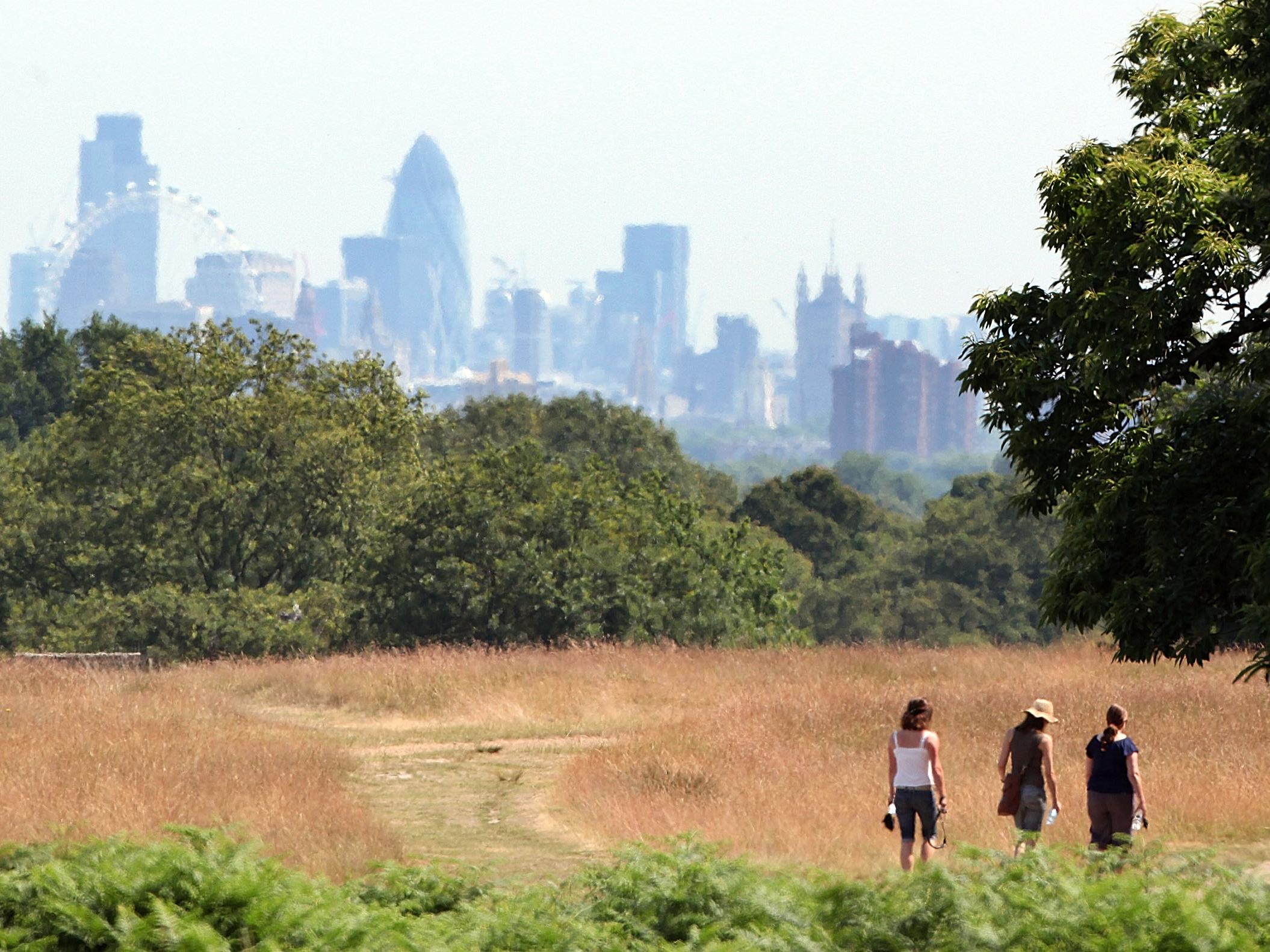Babies born during pollen season at greater risk of developing asthma, study finds
Research also shows being pregnant for entire hay fever season may have protective effect on babies

Babies born during the grass pollen season are more at risk to of developing respiratory diseases such as asthma, according to a study.
But they seem to be protected in the womb if their mother is pregnant during the hay fever season.
The study, carried out in both Europe and Australia, showed babies born when grass pollen is high – from mid May to July in the UK – had elevated levels of antibodies in the blood.
Known as immunoglobulin E (IgE), they are produced by the immune system to protect the body from bacteria, viruses, and allergens and are a marker used to predict the development of allergic diseases.
Associate Professor Bircan Erbas from La Trobe University's School of Psychology and Public Health in Melbourne said the aim of the study was to determine the effect of exposure to high grass pollens during pregnancy and soon after birth.
“We know that outdoor pollen exposure during the first couple of months after birth can lead to allergic respiratory diseases and we suspected that exposure during the later stages of pregnancy may also be important," she said.
”Many studies have shown that babies with high levels of IgE in cord blood can go on to develop allergies later in childhood, but little is known about how these levels are affected by exposure to pollen in utero.“
The study assessed outdoor levels of grass pollen during the intrauterine period and at birth during peak pollen season on cord blood IgE in three birth cohorts from Australia, Germany and Denmark.
The international team analysed cord blood collected from 2,597 babies in the three countries.
They discovered those born during the peak grass pollen season in both hemispheres had high immunoglobulin E (IgE) levels in umbilical cord blood – a marker used to predict the development of allergic diseases.
High IgE levels were found among babies born in October and December in Melbourne while levels were highest for German and Danish babies born around April – the peak pollen season in Europe.
However, they also found being pregnant for an entire grass pollen season may have a protective effect on babies.
Professor Erbas said: ”We found these babies had lower IgE levels.
“This was a significant finding and indicates the possible development of a sensitisation barrier.
”However, more research needs to be done and currently we are working on studies to identify the specific risk time periods of pollen exposure during pregnancy on asthma and allergies in children.“
Professor Erbas stressed the study did not suggest that all babies born during high pollen seasons would develop respiratory disease or other allergies.
She added: ”The study provides new insight that could help us predict and manage diseases like asthma - which are a significant public health burden.
“However, it's important to remember there are a number of factors that can determine who gets asthma or allergies. This is one piece of the puzzle.”
“As IgE responses develop during the first months of life, our study findings provide new insights into the mechanisms of grass pollen exposure at birth and shortly after on possible allergic respiratory diseases.”
In the UK the hay fever season is from March to September. From late March to mid-May tree pollen is high, from mid-May to July grass pollen is high and from the end of June till September weed pollen is high.
The study was published in the journal Environment International.
SWNS
Join our commenting forum
Join thought-provoking conversations, follow other Independent readers and see their replies
Comments
Bookmark popover
Removed from bookmarks